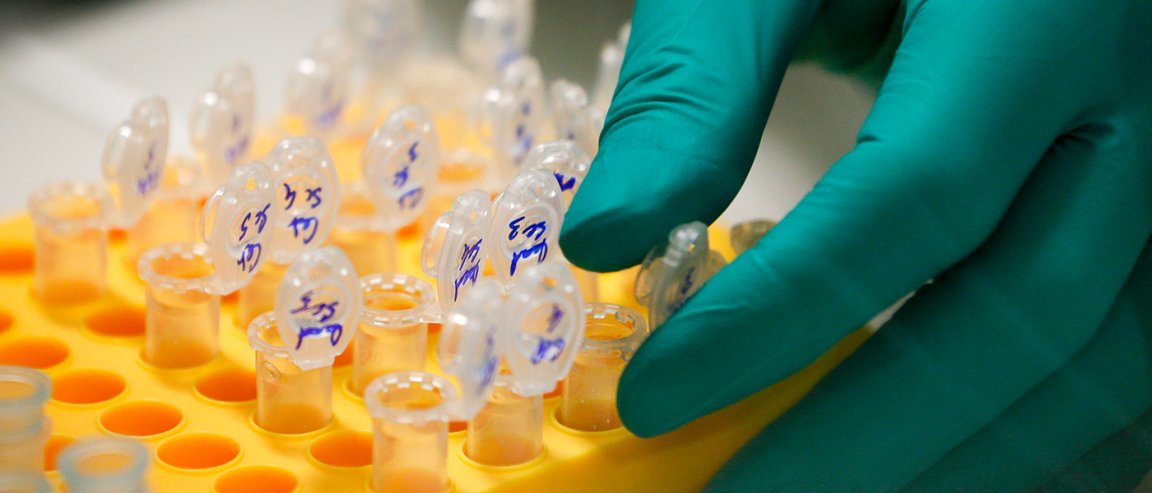
THROUGH SQUINTING EYES
The exercise of critical thinking has always been one of the core principles in the study of the various scientific fields. It is a skill that is hammered into every aspiring scientist through years of training, mountains of literature, and heaps of experimental data. To this end, each scientist is expected to maintain a certain level of skepticism in performing experiments, and indeed, in the practice of science in general. By being skeptical, one eliminates complacency or bias in research, ideally leading to results that model the real world as closely as possible.
This principle does not apply only in the sciences. In fact, considering how powerful an impact scientific news makes on our day-to-day lives, it makes sense for everyone to adopt a healthy level of skepticism. This entails not only questioning the significance of the results but aspects of the studies themselves. How was it set up? Who conducted it?
It’s important to remember that every study conducted is only an attempt to simulate the real world and replicate things as they are. Since these are only simulations, there are bound to be factors that exist in the real world that are not taken into consideration in the study, and vice-versa — unavoidable errors that exist purely because of simulation.
THROUGH CLOSED EYES
Taken to the extreme, however, skepticism transforms into denial.
Science denial, says Dennis W.C. Liu from the Howard Hughes Medical Institute, is the “systematic rejection of empirical evidence to avoid undesirable facts or conclusions.” Over the years, the list of contentious issues subject to science denial has grown to a vast list, which includes evolution, holes in the ozone layer, ill effects of genetically modified products, harm in cigarette smoking, etc.
Denialism in science obviously leads to more harm than good. Take Charlie as an example: Charlie doesn’t think that the universe is really 13.8 billion years old. He thinks it is just a few thousand years old. Even though it has been established through a plethora of evidence that the universe is far, far older thank Charlie thinks, Charlie denies this fact, and he reinforces his own beliefs by resorting to “evidence” that has not passed the peer review process. Charlie may even speak of collusions and say that people are covering up “real” evidence. Charlie cannot prove any collusion or coverups. Thus, Charlie rejects evidence provided by actual experts and supplements it with his own, private conclusions.
In short: Healthy skepticism demands evidence. Denialism rejects sound evidence when it is provided.
To this end, in general, we should favor the result with more evidence and choose the answer that has been intensively and repeatedly verified by many. At the same time, scientists and researchers should not favor provocative results over standard (and far more likely) ones.
A healthy level of skepticism in science is by no means easy to achieve, but it should be something towards which everyone strives.